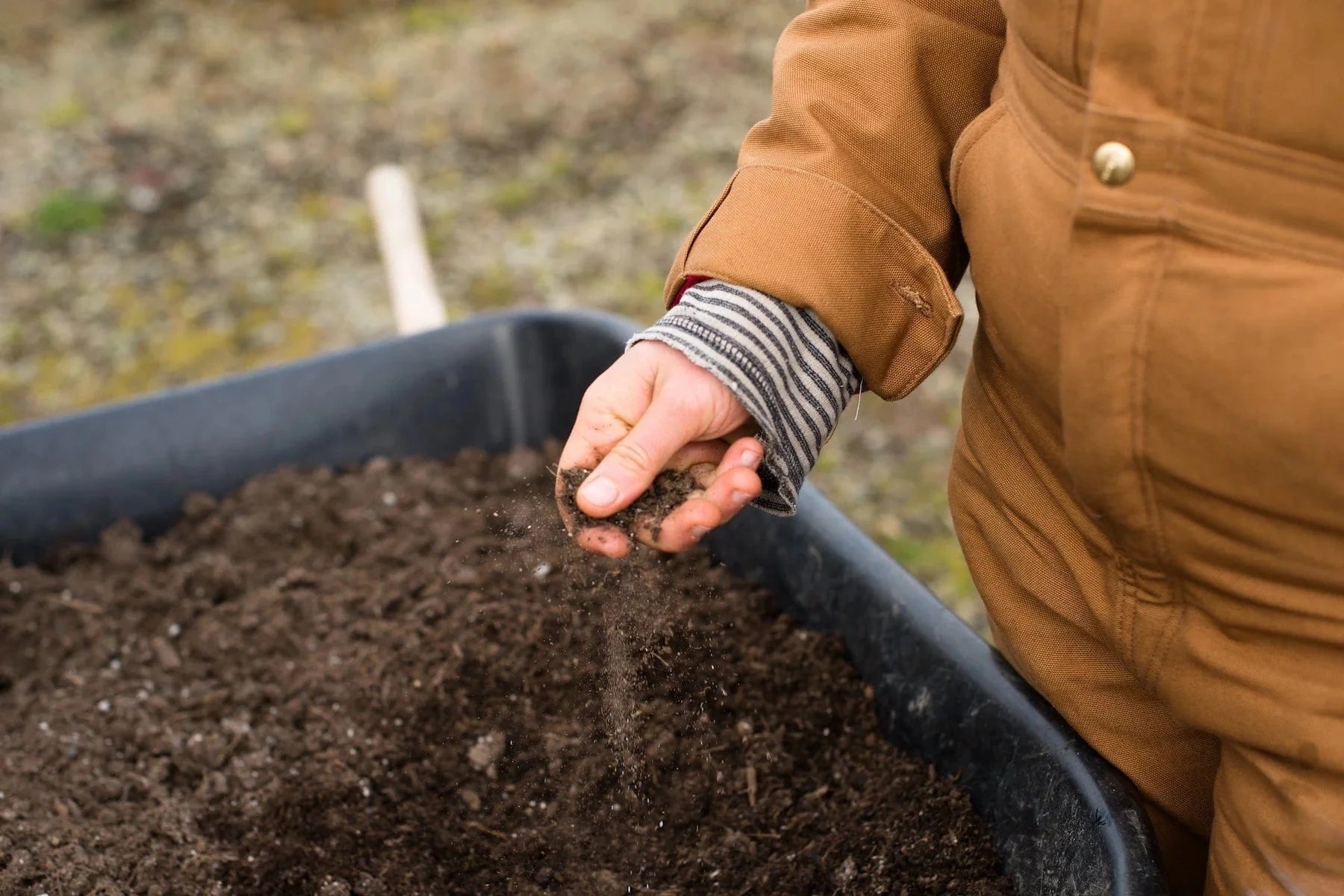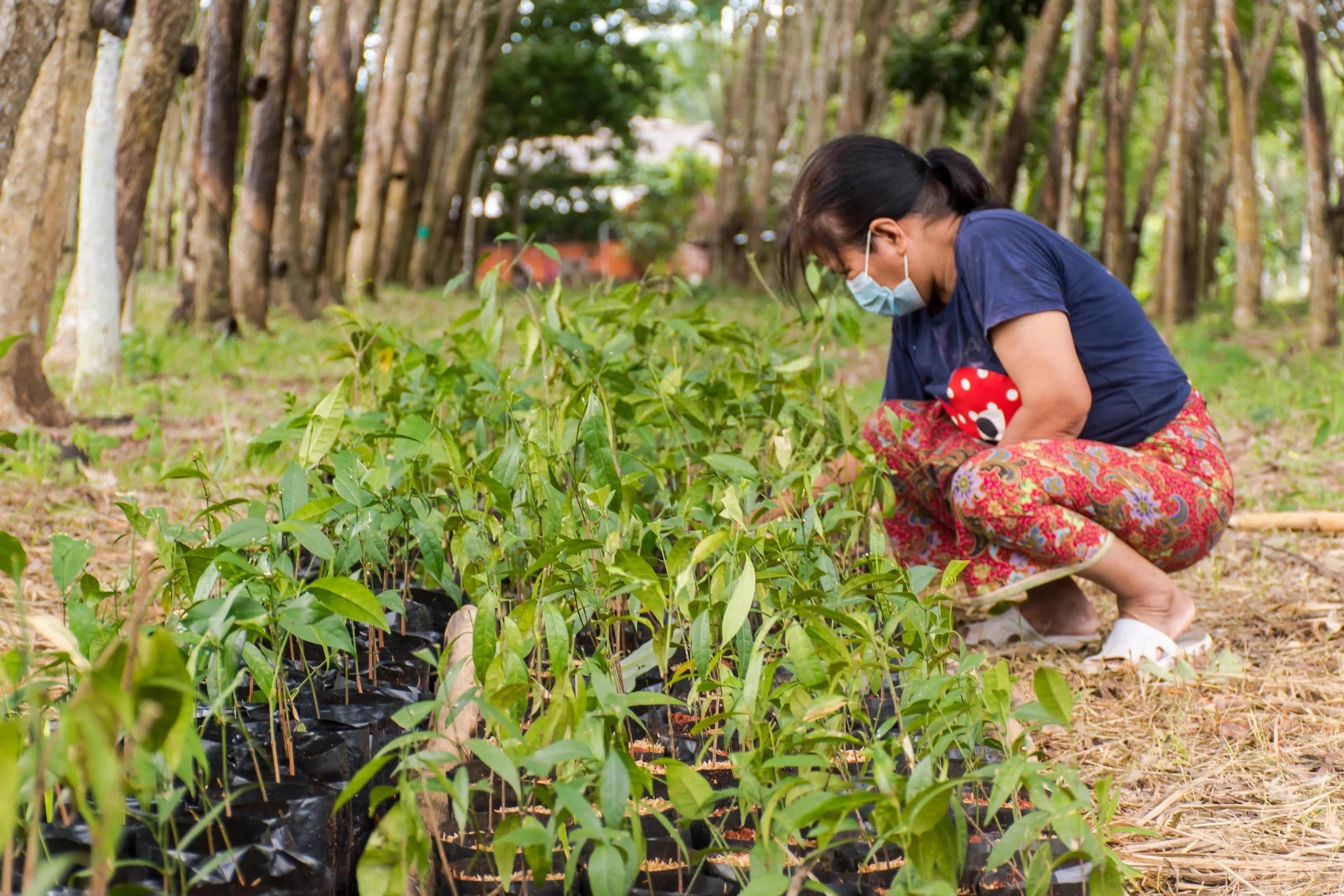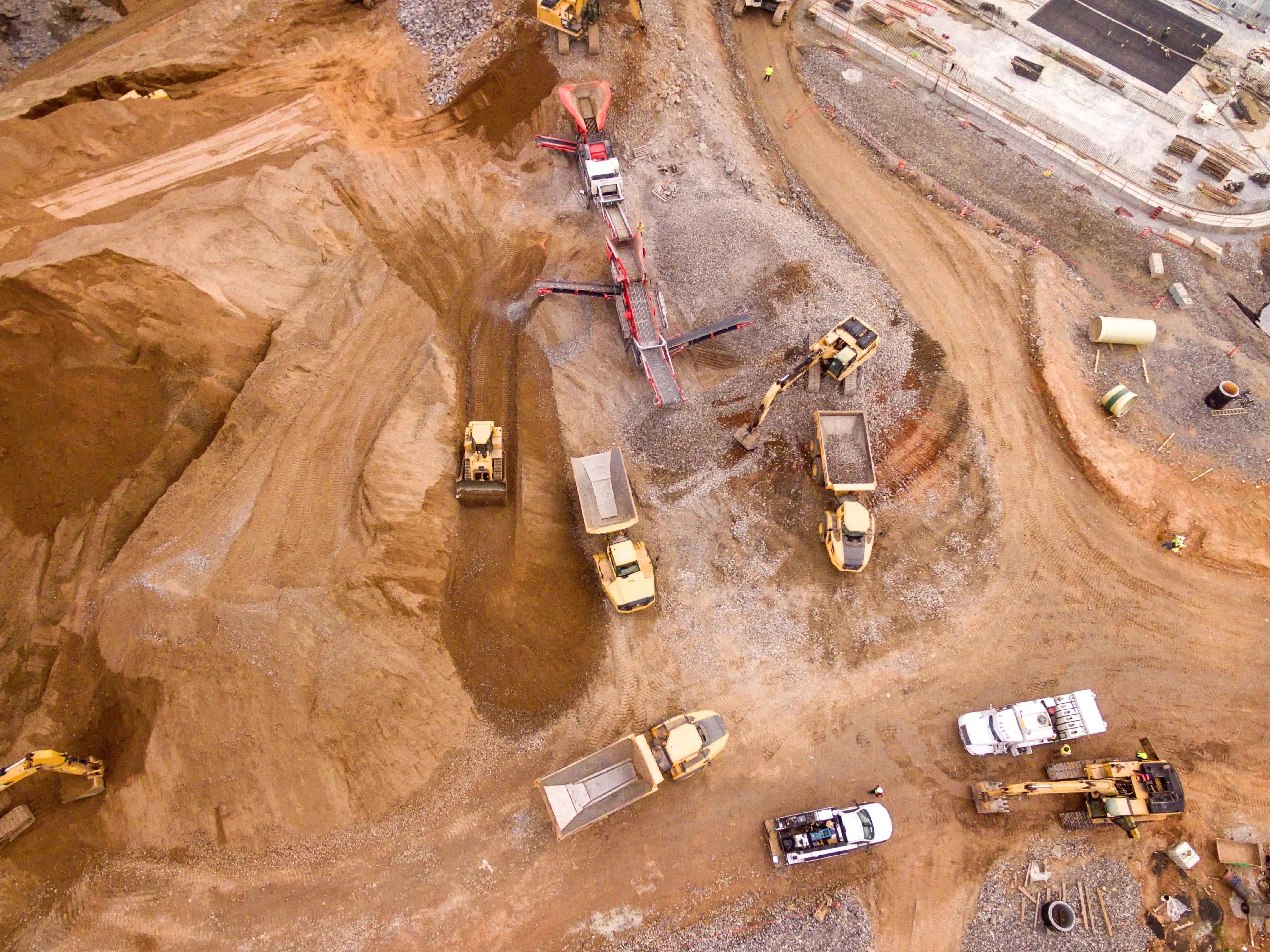Good News! 7 Positive Environmental Stories From June 2022

Get news, updates, & event Info delivered right to your inbox:
7 Good Environmental News Stories From The Past Month That Will Make You Smile
Summer is in full swing and so is positivity! With everything that's happening in the world right now (and in the US this past week), stories like these help remind us that there's plenty of good in the world. Indeed, if you look for bright spots, you'll find them — including farming practices to increase health benefits, hope for threatened species, and easier ways to clean water. Read on to learn about the positive things that happened for nature and the environment in the month of June! 🌿

Regenerative Farming Can Improve Soil Health
Researchers studied the nutritional value of crops grown using typical farming practices, and found that they contained less vitamins and minerals than crops grown with regenerative practices. A similar comparison of soil health was done, showing that the soil on regenerative farms was significantly healthier. This study also showed signs that livestock raised on regenerative farms were healthier than those raised on farms using conventional practices. In other words: regenerative farming works and is a powerful solution to improving food security and soil health over time — and confirms thatsustainable agricultureis a vitalclimate change solution!

Working Towards Affordable and Climate-Friendly Transportation in Boston
In the 9 months since her historic victory, Mayor Michelle Wu is making good on her promise to improve the affordability and sustainability of public transportation in the city of Boston. Learning from her own experiences as a mother and commuter, she has implemented free public transportation on 3 bus lines that serve low-income areas as part of a broader focus on affordability and tackling carbon emissions. This is just one part of her overall plans to make Boston the greenest city in America!

Planting 375,000 Trees in Thailand for Watershed Restoration and Human Rights
We're planting 375,000 trees in a remote region of Thailand, near the border of Myanmar, where a group of marginalized ethnic minorities struggle to farm on degraded hillside plots. Commonly referred to as the hilltribes, many are refugees of civil strife in Myanmar and have been in Thailand for generations — but often aren’t recognized as citizens. With the help of our amazing on-the-ground partner, the hill tribes are using reforestation as a means to restore degraded ecosystems, earn income, and secure recognition from the Thai government. Want to help? Join us insupporting reforestation in Thailandtoday!

Giant Stingray Weighing Over 600 Pounds Found in Freshwater River
In a freshwater river located in Northern Cambodia, the largest freshwater fish ever recorded has been found! Zeb Hogan heard about the discovered stingray while on a decades-long search for the world's largest river giant after finding the largest catfish in the Mekong River over 15 years ago. The fisherman who originally caught the stingray believed it was too large and that he had stumbled upon a new species. For many, this finding of a giant stingray gives hope for the many species of megafish that have been threatened by climate change and the degradation of aquatic habitats.

Vacation Full of Conservation
In a marked change of pace from typical vacations, regenerative tourism is becoming increasingly popular. These vacations are planned around giving back to popular areas, and many travelers choose to give back in the form of habitat restoration. As an added bonus, this enriches their experience, giving them a chance to learn more about the location and region. Some participants have said they felt a deeper connection to their vacation spot and miss the meaningful work after returning home.

Cooking Oil Can Help Clean Up Polluted Water
The current methods used to remove heavy metals from water are cost and energy-intensive. To address this, researchers have developed a more affordable and sustainable method: using peanut and sunflower oil waste. Impressively, this method was 99.89% effective!

Switzerland is Working to Preserve Indigenous Reserves
There's strong evidence that a majority of the 24.5 tons of gold imported to Switzerland in 2021 was illegally mined. These illegal mining operations are resulting in major deforestation in the Amazon. Recently, Swiss refineries have pledged to remove illegally mined gold in order to help protect the Amazon. Hopefully other refineries will take note and follow suit!
Hungry for more positivity? We've got plenty more good news stories from the past year. And if you're feeling inspired to create some good news of your own, consider planting trees today!
Get news, updates, & event Info delivered right to your inbox:
Related Posts
9 Sustainable New Years Resolutions
18/12/2025 by Meaghan Weeden
Inspirational Quotes About Trees
16/12/2025 by Meaghan Weeden
The 9 Oldest, Tallest, and Biggest Trees in the World
11/12/2025 by One Tree Planted
Popular On One Tree Planted
Inspirational Quotes About Trees
16/12/2025 by Meaghan Weeden
The 9 Oldest, Tallest, and Biggest Trees in the World
11/12/2025 by One Tree Planted
What Causes Deforestation?
10/07/2025 by Meaghan Weeden
Fundraising Disclosures

Be Part of the
Restoration Movement
The Grove is more than just a monthly giving program: it's a vibrant community of individuals who are dedicated to reforestation and environmental restoration on a global scale.
As a member of The Grove, you affirm your commitment to restoring forests, nurturing biodiversity, and fostering positive global change.



